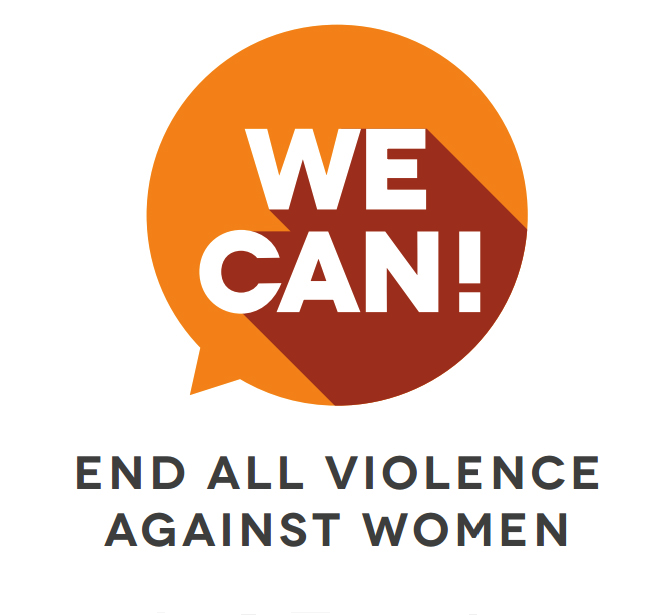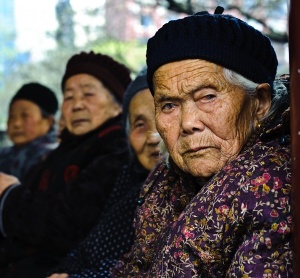From Sumedha Jalote, Communications Executive, Association of Women for Action & Research
 The recent Committee of Inquiry and subsequent public discussions have addressed the possibility of enhancing Singapore’s police capability in areas requiring specialised skills, including by drawing on international experience. (“Overseas protest training for the police?”; July 21)
The recent Committee of Inquiry and subsequent public discussions have addressed the possibility of enhancing Singapore’s police capability in areas requiring specialised skills, including by drawing on international experience. (“Overseas protest training for the police?”; July 21)
Sexual assault cases would be one area that may benefit from lessons in international best practice.
Through our Sexual Assault Care Centre (SACC), the Association of Women for Action and Research works with women who experience sexual assault, providing legal advice and therapeutic support, as well as accompanying victims who are navigating medical, police and legal processes.
Making a report is onerous. For six months to two years, victims undergo long interviews, repeating details of their assaults to multiple officers.
Research shows and our experience confirms that the responses of the police and other agencies can have a substantial impact on victim recovery. If a victim is not treated with due sensitivity, this can worsen trauma and slow down recovery.
If victims feel uncomfortable with the police, they may be hesitant to describe their experiences in detail or may even discontinue reports. This can hamper the ability of the police to gather evidence to hold perpetrators accountable. Thus, many police forces have specialised procedures and training to ensure a victim-centric approach to sexual assault. The Sapphire unit in London is “committed to ensuring that victims of sexual crime are treated with care and respect”.
The Singapore Police Force already has a specialised unit, the Serious Sexual Crime Branch (SSCB), and could consider this approach.
The police could refer all sexual assault cases immediately to the SSCB or designate specific police stations to handle such cases and provide all personnel there with advanced training.
Most victims’ first contact would now be with police officers who have not received specialised training for sexual assault. If it is not feasible to ensure that victims’ first contact is with specialists, the police should train all officers and counter staff to respond to an initial report in a sensitive, victim-centric manner before referring the case to centres with advanced training.
In New Zealand, Canada and the United Kingdom, a social worker or trained volunteer often accompanies victims through medical examinations, police interviews and court processes. In Singapore, only SACC clients typically benefit from such support. To enhance victims’ experiences of the legal system, the police could consider making immediate referrals to social workers for all sexual assault cases or developing similar services of their own.
Increased training and sensitivity, as well as greater resources for victims, would encourage more people to report their experiences and provide the support needed to heal from their trauma.
This letter was first published in TODAY on 26 July 2014.







 Teachers and other authority figures occupy positions of power which can be misused. Even where the young people concerned are not technically minors, the power imbalance in the teaching or mentorship dynamic can enable exploitative and abusive behaviour.
Teachers and other authority figures occupy positions of power which can be misused. Even where the young people concerned are not technically minors, the power imbalance in the teaching or mentorship dynamic can enable exploitative and abusive behaviour.


